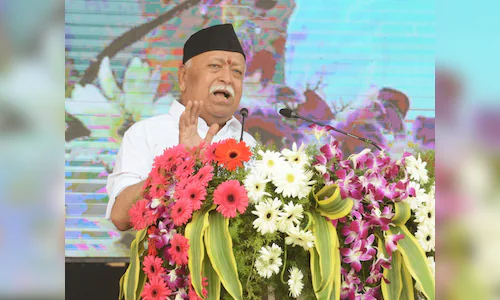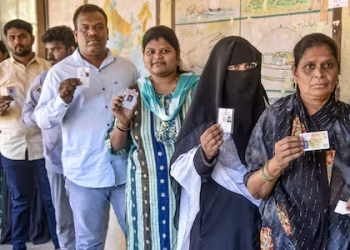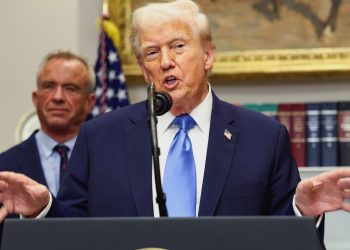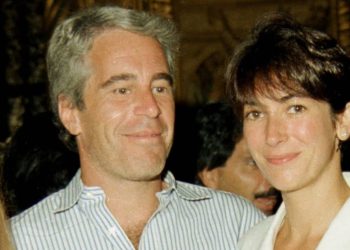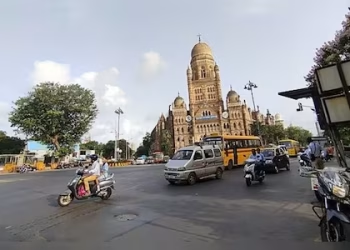Speaking at the centenary lecture series, ‘100 Years of RSS Journey: New Horizons’, in New Delhi, Bhagwat highlighted that swayamsevaks work independently in various fields and are solely responsible for their successes or failures. However, he noted, “the Sangh shares the discredit if things go wrong: because it is our swayamsevaks who work there.”
He clarified that the RSS is not seeking to form pressure groups but rather to unite people across India. Citing the Bharatiya Mazdoor Sangh as an example, Bhagwat said volunteers bring new perspectives to their respective fields while retaining the freedom to act based on their expertise.
He emphasized the indissoluble bond between the swayamsevaks and the Sangh, based on mutual communication and support, but insisted: “They will understand what we say and do what they want to do. » The Sangh, he added, expects the smooth functioning and success of these autonomous organizations.
Unity in diversity and shared civilizational identity
Bhagwat also emphasized that India’s diversity is a source of unity and not division. “Unity also lies in diversity… to be united, we do not need uniformity,” he said, stressing that different ideologies are “not a crime.”
The RSS chief further asserted that all Indians, regardless of faith, share a common ancestry and “DNA for over 40,000 years in Akhand Bharat”. Defining the RSS’s concept of a Hindu Rashtra, he clarified: “It does not mean excluding anyone…or opposing anyone”, and asserted that it is not associated with political power.
He reiterated the autonomy of the swayamsevaks, saying, “They will understand what we believe but they will do what they feel,” and emphasized that the mission of the Sangh is to unite society and support the emergence of India as a vishwaguru.
Speaking on cultural unity, Bhagwat said, “The DNA of those who have lived on this landmass for over 40,000 years is the same,” adding, “Living in harmony is our culture. He explained that the term “Hindu” is defined by common geography and traditions, noting that some are aware of their Hindu identity but do not recognize it, while others are completely unaware of it.
Bhagwat emphasized devotion to Bharat Mata and ancestral traditions as the central unifying forces. Reflecting on India’s development, he noted that the country has yet to reach its full potential, even after 75 years of independence, and called for social transformation: “Everyone will have a role to play. »
He concluded that while political systems can be helpful, lasting progress must come from within society. Hindus, he says, believe in coordination, not conflict, and in respecting the ways of others.


